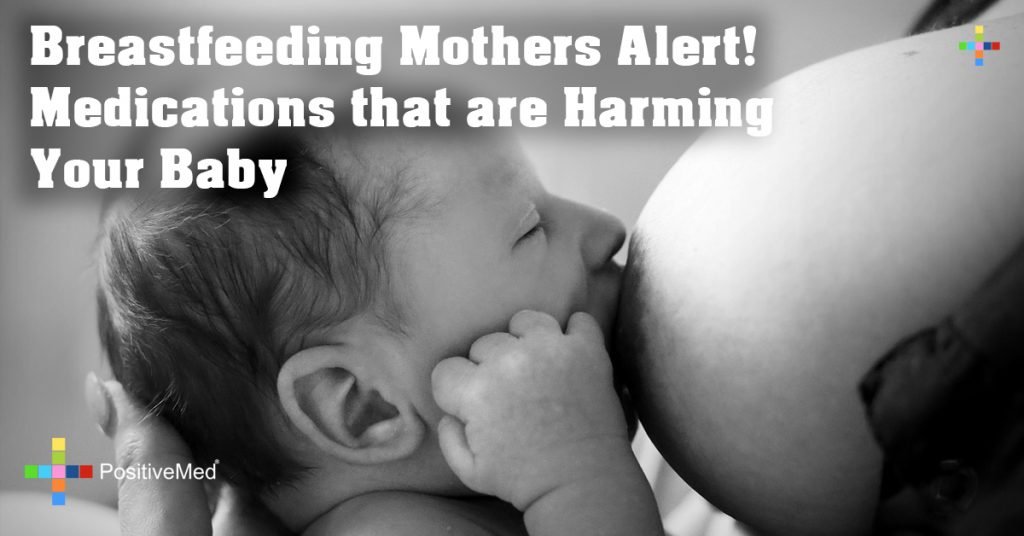
Breastfeeding Mothers Alert! Medications that are Harming your Baby
Breastfeeding is essential for a growing baby. Breast milk does not only contain the basic nutrients but also has disease fighting elements that secure your child against illnesses. The American Academy of Pediatrics advises mothers to breast feed their children during the first six months.
How Drugs are transferred into Breast Milk
The mixture of drugs with breast milk is caused by ionization, lipid solubility and protein binding. Almost all drugs transfer into a mother’s breast milk. The main exceptions include insulin and heparin that are regarded too large to pass through biological membranes.
Drug transfer occurs through passive diffusion through the biological membranes. Transfer is high where there is high lipid solubility and low maternal plasma protein. Additionally, milk has a high acidity than plasma. This allows weak drugs to be transferred into the breast milk. The composition of milk varies between and within feeds and this affects how drugs are transferred into a mother’s breast milk. Drug transfer into a mother’s breast milk is determined through the milk/plasma concentration ratio.

Which Medications are Harmful to The Child
The list of medications that are considered harmful to breastfeeding mothers is quite small. Most of the drugs can be consumed without affecting the child. There are factors that should be considered when determining which drugs are unsafe for nursing mothers. These include:


The route of administration: The baby gets exposed via the GI tract. However, drugs get into a mother’s system through different means: intravenously, orally, topically, through inhaling and intramuscularly. Topical medications such as skin creams and inhaled medications or those applied to the nose or eyes affect the milk in smaller quantities and are much slower than the other routes. These are considered safe for breastfeeding mothers. Oral medications also take long to reach the milk than IV routes. The drug has to pass through the nursing mother’s GI tract, and then pass through the blood stream and then the milk supply.
Amount taken: A high dosage translates to a high drug transfer.
The age and health of the child: A premature infant has immature liver and kidney functions and has trouble processing and getting rid of drugs that may not be a problem to older infants. Babies with immune system problems have difficulties metabolizing medication.
Frequency of Feedings: An infant that is nursed 1-2 times a day has less exposure to drugs than one who is nursed 10-12 times in a day.





